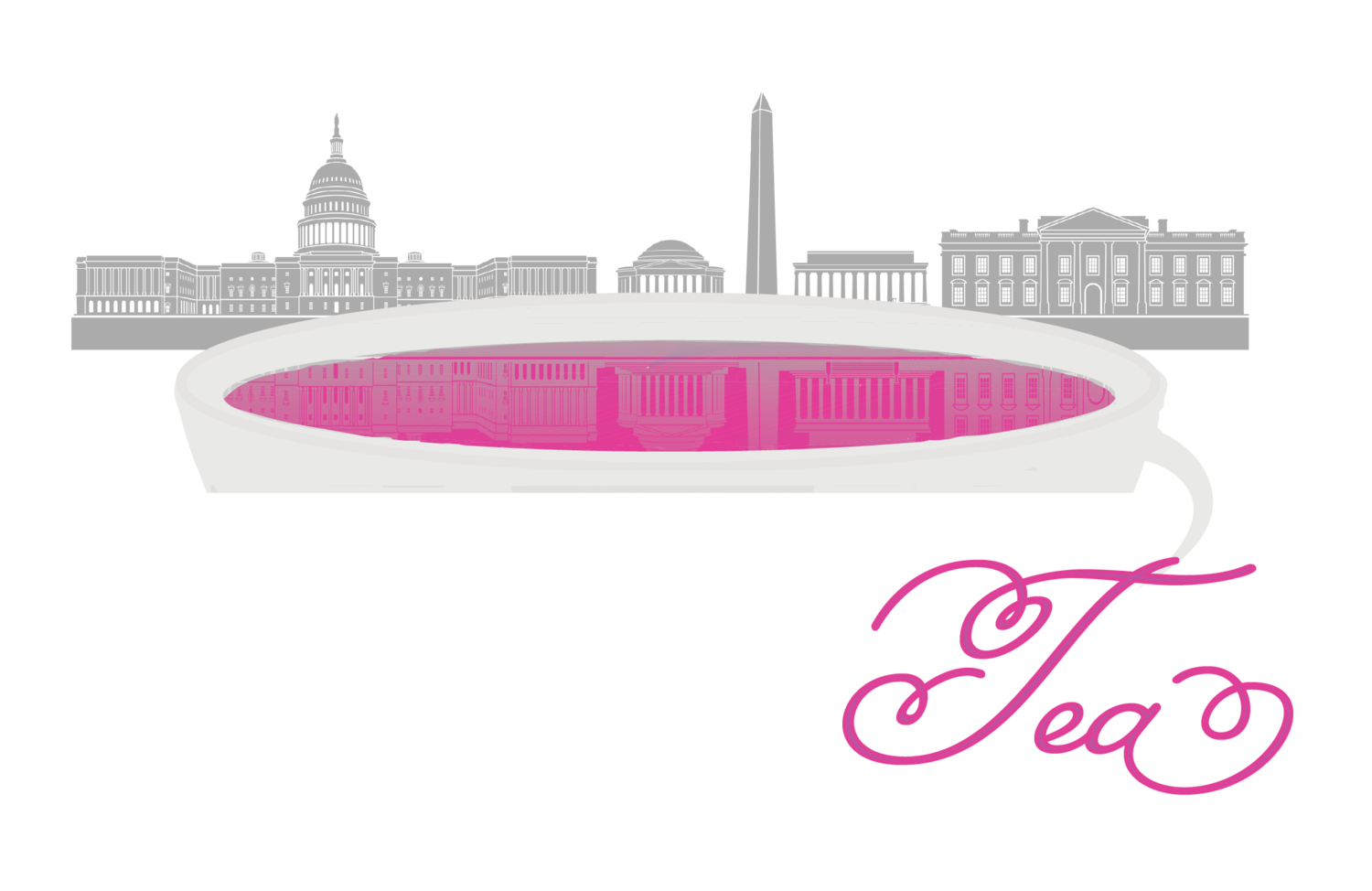Unraveling Jay-Z's 'The Story of O.J.'
By: Erica Jules
If you haven’t been living under a rock, you are probably aware that Jay-Z’s latest masterpiece, 4:44, has received platinum status. The album is filled with testimonials, self-reflections, and examinations about society, relationships, and Jay-Z himself. One of the most notable, and controversial songs on the album, 'The Story of OJ', dissects race and the status of Black America in the 21th century. While the song itself is particularly powerful, the coinciding visuals clearly hammer home some of the concepts Jay is trying to articulate. The video sparked a lot of discussion but the most polarizing discussions focused on two central questions, “To whom is Jay speaking?” and “What’s with the repetition of the N word?”
photo via Tidal
For those who haven’t seen the video, the aesthetic is reminiscent of the old-time Disney animations however the caricatures pictured in the video are historically racist depictions of black people. It stars “Jay-Bo”, a reference to an old black caricature “Sambo”, navigating the audience through a slew of racial and social references. Jay hits on everything from slavery to finance, however, his most prominent reference is to O.J. Simpson. Hov raps:
“I’m not black, I’m O.J....ok.”
insinuating that ex-football player O.J. Simpson believed that he shared the same privilege as his white counterparts only to have them inevitably turn on him during his infamous trial. This reference essentially reinforces what the entire song is about. Despite our accomplishments, triumphs, and successes, White America will continue to see us solely as black.
While there is tons more to unpack with this singular song, the reaction from the audience is polarizing. Firstly, the song forced many to ask themselves, “Who is the song for?” Some black audiences strictly claim the song as a reminder to and for Black America while some white audiences are claiming that the song is for everyone. Jay-Z’s line about finances also created a racial division between listeners. Hov raps, “You wanna know what’s more important than throwing money in a strip club…credit. You wanna know why Jewish people own all the property in America…that’s how they did it.” While African American audiences viewed the lyric as a wake-up call to learn how to wisely control their finances, other audiences were enraged by the anti-Semitic suggestions.
You don’t even have to log onto Youtube to feast your eyes on the enormous hell storm happening in the comments section. My opinion however is that, if you’re asking yourself “Who is the intended audience?”, I believe you are asking the wrong question. All art is in the eye of the beholder. Yes, the use of the N word is causing the apparent divide in Jay-Z fan base, however you cannot force your own interpretation upon someone else’s. This song in no way gives non-black audiences the license to say the N word, however I believe that you should look at the song for how it is. Jay is telling his “audience” that this is how America continues to view Black America in the modern world.
There is even much polarization within the black community on whether Jay’s work reinforces the N word too much. If you listen to the chorus, the references as well as the message are quite obvious. However, the usage of the word began to cause a generational divide with older and younger listeners. Some older listeners interpreted the song as simply another usage of a self-denigrating, disgraceful word. To them, the word is simply a racist archetype of the enslaved negro. However, the word has morphed into a term of self-endearment for some of the younger listeners.
Hip- Hop has aided in the normalization and re-establishment of the word into modern society to a point in which sometimes, it could be used as a filler word in your favorite artist’s next rhyme. Jay’s “sermon” was destined to cause some trouble. Personally, I believe that it is a word associated with the black experience, and therefore, should only be used by black people. HOWEVER, as a united people, we should bury the word but never forget the blood, sacrifice, and burden that it is associated with. While yes, African Americans continue to struggle for our seat at the table and must feel free to voice their opinions and frustrations, we owe it to future generations to begin to call ourselves kings before we call ourselves niggas.
Thank you, HOV, for making this song that everyone in the culture can take notes from.
You can watch the video here.




